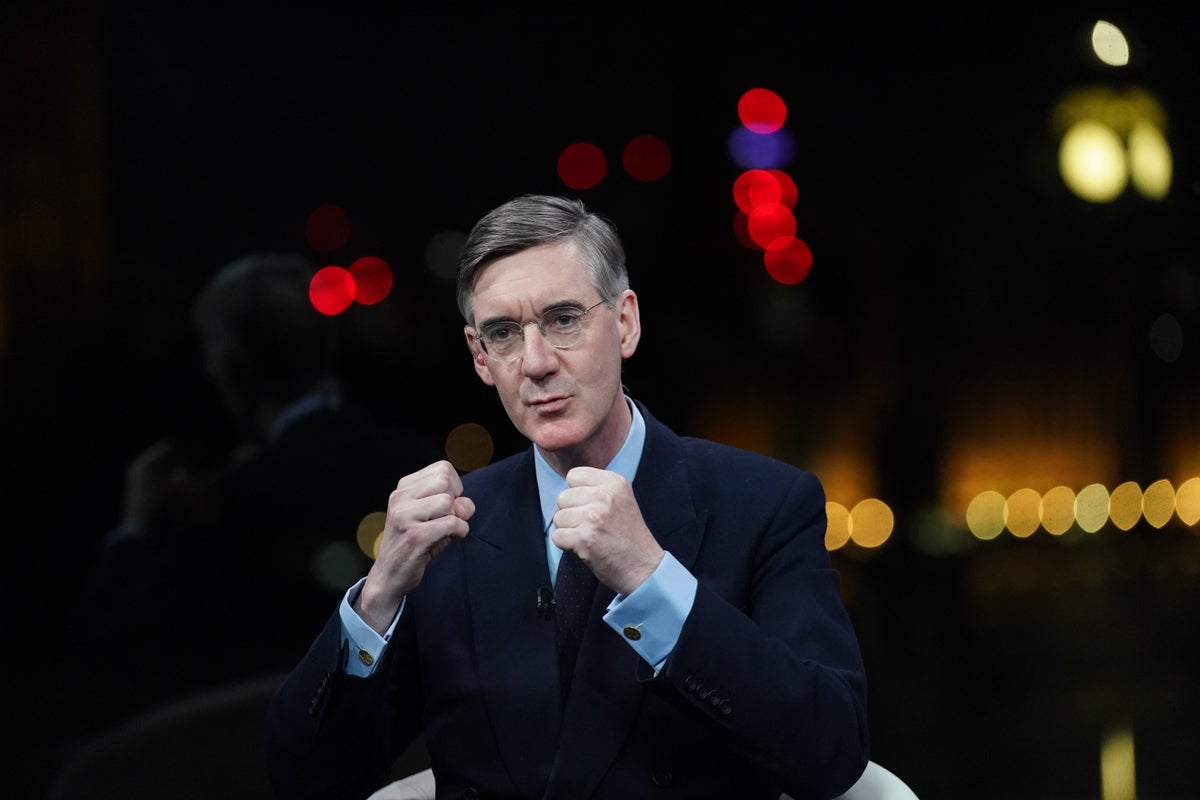
Media regulator Ofcom has said that it will look to gauge public opinion on politicians presenting TV and radio programmes.
Research will be carried out due to the “rise in the number of current affairs programmes presented by sitting politicians” and the “recent public interest” in the issue.
The current rules regarding politicians presenting programmes were first introduced in 2005, Ofcom added, explaining further that “it’s important for us to understand first-hand what people think and feel about the TV and radio content they consume”.
Three sitting Conservative MPs currently have their own segments on the GB News TV channel: Jacob Rees-Mogg hosts a weekly State Of The Nation segment on Thursdays, while Esther McVey and Philip Davies host Friday Morning With Esther And Phillip.
MP Dehenna Davidson had hosted a segment called The Political Correction on GB News until she was made a junior minister at the Department for Levelling Up, Housing and Communities last year, while Nadine Dorries, who resigned her seat on Friday, hosts Friday Nights With Nadine on TalkTV.
Labour’s shadow foreign secretary David Lammy also has a Sunday segment on LBC radio.
Currently, Ofcom’s broadcasting code states that no politician can be used as a “newsreader, interviewer or reporter” in order to preserve impartiality.
However, politicians are allowed to present current affairs programmes, so long as they make sure a variety of views are represented and that the programmes are hosted outside of election periods.
The regulator announced in April that it was investigating GB News over whether Friday Morning With Esther And Philip had broken impartiality rules in an interview with Jeremy Hunt.
“Our investigation will look at the programme’s compliance with our rules on politicians presenting programmes, and whether it included an appropriately wide range of significant views relating to a matter of major political controversy or current public policy,” the organisation said at the time.
Ofcom also received 40 complaints after Ms Dorries interviewed Boris Johnson on her TalkTV show, but said that it would not investigate in that instance as “the combination of prerecorded interview, in-depth studio analysis and panel discussion” was “consistent with a current affairs format”, and “Ms Dorries was not standing in an election taking place, or about to take place”.
“A range of alternative viewpoints, providing challenge and context to those of Mr Johnson, his government and the Conservative party more generally, were reflected in the studio panel discussions, which were interspersed between each segment of the interview with the former prime minister,” a spokesperson added.







